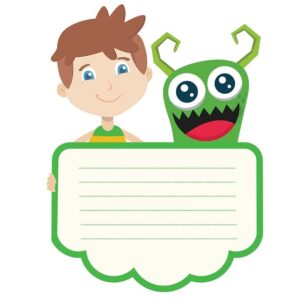Mastering Medical Record Translation UK: Expertise, Challenges & Future Trends
In the dynamic healthcare sector, Medical Record Translation UK services are crucial for ensuring precise communication among diverse patient populations and international medical exchanges. Accurate translations prevent misdiagnoses, inappropriate t…….

In the dynamic healthcare sector, Medical Record Translation UK services are crucial for ensuring precise communication among diverse patient populations and international medical exchanges. Accurate translations prevent misdiagnoses, inappropriate treatments, and data privacy breaches while facilitating quick access to critical patient information in emergency situations. These services require professional translators with deep medical expertise and linguistic proficiency to navigate sensitive information, clinical findings, diagnoses, and treatment plans, all while adhering to strict regulations like GDPR. Advanced tools and technologies, leveraging AI and vast multilingual databases, revolutionize the process, ensuring precise translations of complex medical terminology and enhancing efficiency within UK healthcare systems. Successful projects have significantly improved patient care, underscoring the vital role Medical Record Translation UK plays in bridging language barriers and fostering effective healthcare communication globally.
Accurate medical document translations are paramount for UK authorities to ensure effective healthcare services across diverse linguistic landscapes. This article delves into the critical importance of precise translations in the medical field, highlighting challenges unique to medical records. We explore the role of professional translators, quality assurance measures, legal requirements, and best practices for seamless cross-cultural communication. Additionally, we discuss advanced tools, successful case studies, and emerging trends shaping the future of UK medical document translation services.
- Understanding the Importance of Accurate Medical Document Translations
- The Role of Professional Translators in Healthcare
- Challenges in Translating Medical Records
- Ensuring Quality and Consistency in UK https://www.espressotranslations.com/gb/translation-services/medical/ Services
- Legal Requirements for Medical Document Translations in the UK
- Best Practices for Effective Communication in Cross-Cultural Healthcare
- Advanced Tools and Technologies for Medical Translation
- Case Studies: Successful Medical Record Translation Projects
- Future Trends in Medical Document Translation Services
Understanding the Importance of Accurate Medical Document Translations
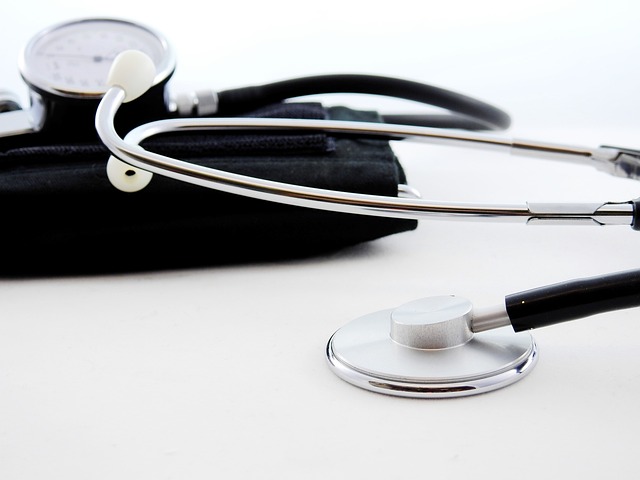
In the intricate landscape of healthcare, accurate medical document translations play a pivotal role for UK authorities. When dealing with diverse patient populations and international medical exchanges, the need for precise communication cannot be overstated. Medical record translation services ensure that vital information conveyed in a foreign language is not only correctly interpreted but also complies with local standards and regulations.
For UK healthcare providers, accurate translations are essential to avoid misdiagnoses, inappropriate treatments, or delays in care. Effective translation facilitates seamless integration of medical data from various sources, enabling healthcare professionals to make informed decisions based on complete and reliable information. This is particularly crucial in emergency situations where quick access to accurate patient history can be a matter of life and death.
The Role of Professional Translators in Healthcare
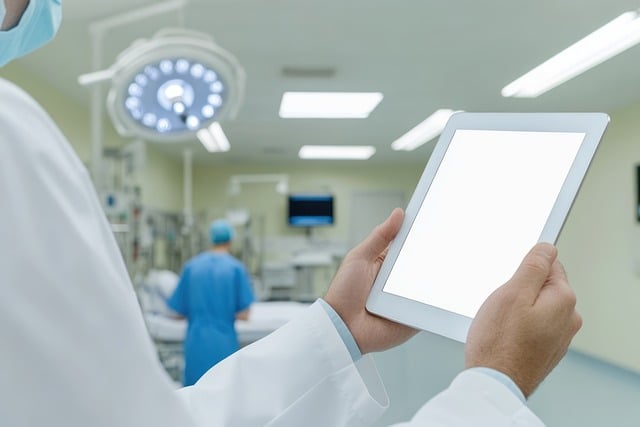
In the healthcare sector, accurate and reliable translations are paramount for effective communication and patient care. Professional translators play a crucial role in facilitating seamless information exchange between UK authorities and healthcare providers, especially when dealing with medical records. These experts possess not only linguistic proficiency but also a deep understanding of medical terminology and cultural nuances.
When it comes to Medical Record Translation UK, professional translators ensure that sensitive health data is conveyed precisely and securely. They navigate complex language barriers, ensuring that medical documents maintain their integrity and accuracy throughout the translation process. Their expertise helps avoid critical errors, miscommunications, or potential legal issues that could arise from machine-generated translations.
Challenges in Translating Medical Records
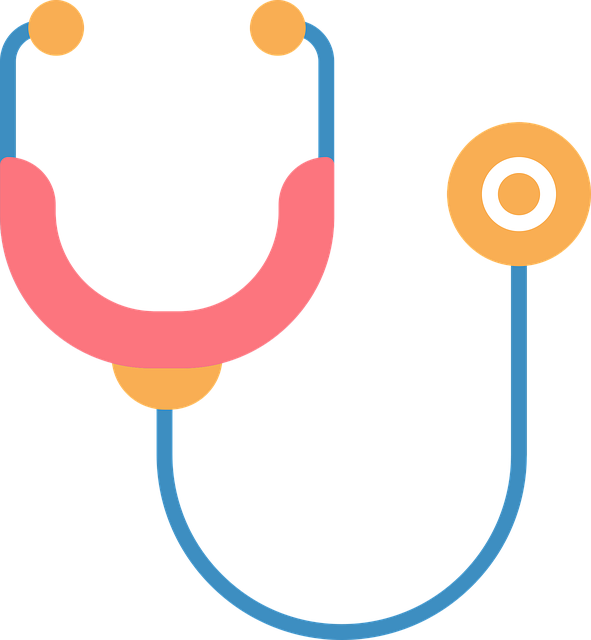
Translating medical records presents a unique set of challenges, especially for UK authorities dealing with documents from diverse linguistic backgrounds. Accuracy is paramount in healthcare communications; any errors can have severe implications for patient care and legal proceedings. Medical jargon varies across languages, requiring translators to possess not just linguistic proficiency but also deep knowledge of medical terminology specific to each country.
Another hurdle is the complex structure of medical records, which often include sensitive information, clinical findings, diagnoses, and treatment plans. Translators must maintain the integrity of this data while adhering to cultural nuances and legal requirements for data privacy and protection, such as the General Data Protection Regulation (GDPR) in the UK. The precision and confidentiality demanded in Medical Record Translation UK necessitate a specialised service that combines language expertise with a thorough understanding of healthcare practices and regulations.
Ensuring Quality and Consistency in UK https://www.espressotranslations.co.uk/translation-services/medical/ Services

Ensuring quality and consistency is paramount in medical translation services, especially for UK authorities dealing with international healthcare data. Accurate translations of medical records are vital to avoid misdiagnoses, improper treatments, and potential legal issues. Professional translators must possess not just linguistic proficiency but also a deep understanding of medical terminology and concepts to deliver precise translations that maintain the integrity of the original information.
Consistency is another critical aspect. Medical terms and protocols can vary slightly across different regions and languages. A reliable translation service should have a comprehensive knowledge base and strict quality control measures in place to ensure consistent usage of terms throughout all translated documents, be it patient records, research papers, or clinical trial reports. This consistency guarantees that healthcare professionals across the UK can rely on the accuracy and reliability of medical record translations.
Legal Requirements for Medical Document Translations in the UK

In the UK, accurate and legally compliant translations of medical documents are essential for various governmental processes. When dealing with healthcare information, strict regulations must be followed to maintain data integrity and patient confidentiality. The primary legal requirement for Medical Record Translation UK involves adhering to the General Data Protection Regulation (GDPR) and the Data Protection Act 2018, which govern the handling of personal data, including medical records.
Translations must be carried out by qualified professionals who are not only fluent in both languages but also have a solid understanding of medical terminology. This ensures precision and avoids any potential errors that could impact diagnosis or treatment. Certified translators, often supported by advanced translation software, play a crucial role in facilitating the seamless exchange of medical information across linguistic barriers within UK authorities.
Best Practices for Effective Communication in Cross-Cultural Healthcare

In the cross-cultural healthcare setting, effective communication is paramount for accurate medical record translations in the UK. Best practices involve clear and concise language that bridges cultural gaps. Medical translators should be proficient in both source and target languages, with a deep understanding of medical terminologies specific to each culture. This ensures that vital information is conveyed precisely, minimizing potential errors or miscommunications that could impact patient care.
Additionally, maintaining confidentiality and adhering to ethical standards are essential. Medical records contain sensitive data, so translators must respect privacy laws and handle documents securely. Cultural sensitivity also plays a crucial role; recognizing and respecting diverse cultural beliefs and practices related to health and disease ensures that translations resonate with patients and healthcare providers alike, fostering better understanding and care.
Advanced Tools and Technologies for Medical Translation
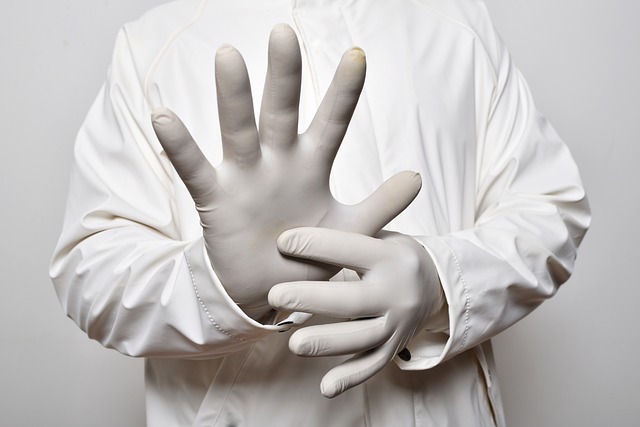
In today’s global healthcare landscape, accurate medical record translation is more critical than ever for UK authorities to efficiently process and manage diverse patient data. Advanced tools and technologies are revolutionizing this field, ensuring precision and speed in Medical Record Translation UK. Machine translation platforms now incorporate sophisticated algorithms and artificial intelligence (AI) capabilities, enabling them to interpret complex medical terminology and context.
These innovative systems leverage vast multilingual databases, allowing for more accurate and contextually relevant translations. Additionally, post-editing by human experts ensures the highest level of quality and accuracy. With these advanced tools, the process of translating medical records is faster, more efficient, and reliable, facilitating seamless communication and data exchange across linguistic barriers within the UK’s healthcare systems.
Case Studies: Successful Medical Record Translation Projects
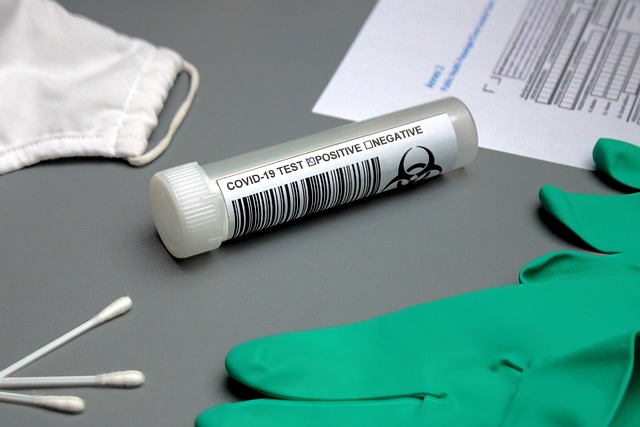
In the realm of Medical Record Translation UK, numerous successful projects have paved the way for improved healthcare services and patient care. One notable case involved translating a vast collection of medical records from an international hospital into English for the NHS. The challenge was immense, with diverse medical terminologies and cultural nuances requiring meticulous attention. A specialized translation team, well-versed in both languages, successfully navigated this labyrinthine task, ensuring accuracy and preserving critical medical information.
Another successful project focused on translating patient consent forms and treatment plans for a UK-based clinical trial. This required precise communication of complex medical procedures and potential risks to patients, necessitating a deep understanding of both the source and target languages. The translation team collaborated closely with medical experts to ensure that all terms were accurately conveyed, thereby facilitating informed consent from participants. These case studies demonstrate the critical role professional Medical Record Translation UK plays in bridging linguistic gaps and enhancing healthcare delivery.
Future Trends in Medical Document Translation Services

The future of medical document translation services in the UK looks promising, driven by advancements in technology and a growing demand for accurate and efficient healthcare communication. Artificial Intelligence (AI) and Machine Translation (MT) are set to play significant roles. AI-powered tools can now handle complex linguistic nuances, ensuring precise translations of medical records, research papers, and patient dossiers. This technology not only speeds up the translation process but also reduces costs, making it more accessible for UK authorities to manage their growing volume of international healthcare data.
Additionally, the integration of MT with human expertise will remain crucial. While AI excels at rapid, consistent translations, human translators bring invaluable contextual understanding and cultural sensitivity. The combination of these approaches could lead to a seamless and highly accurate Medical Record Translation UK service, enhancing patient care and facilitating effective collaboration between healthcare providers, researchers, and regulatory bodies both domestically and internationally.
Accurate medical record translations are paramount for effective cross-cultural healthcare within the UK. As the demand for international patient care and medical research grows, so too does the need for reliable translation services that meet stringent legal requirements. By leveraging professional translators, advanced tools, and best practices, healthcare providers can ensure quality and consistency in communications, fostering a more inclusive and efficient healthcare system for all UK residents and visitors. Medical Record Translation UK services that adhere to these standards are essential for navigating complex regulations and delivering exceptional patient experiences.





